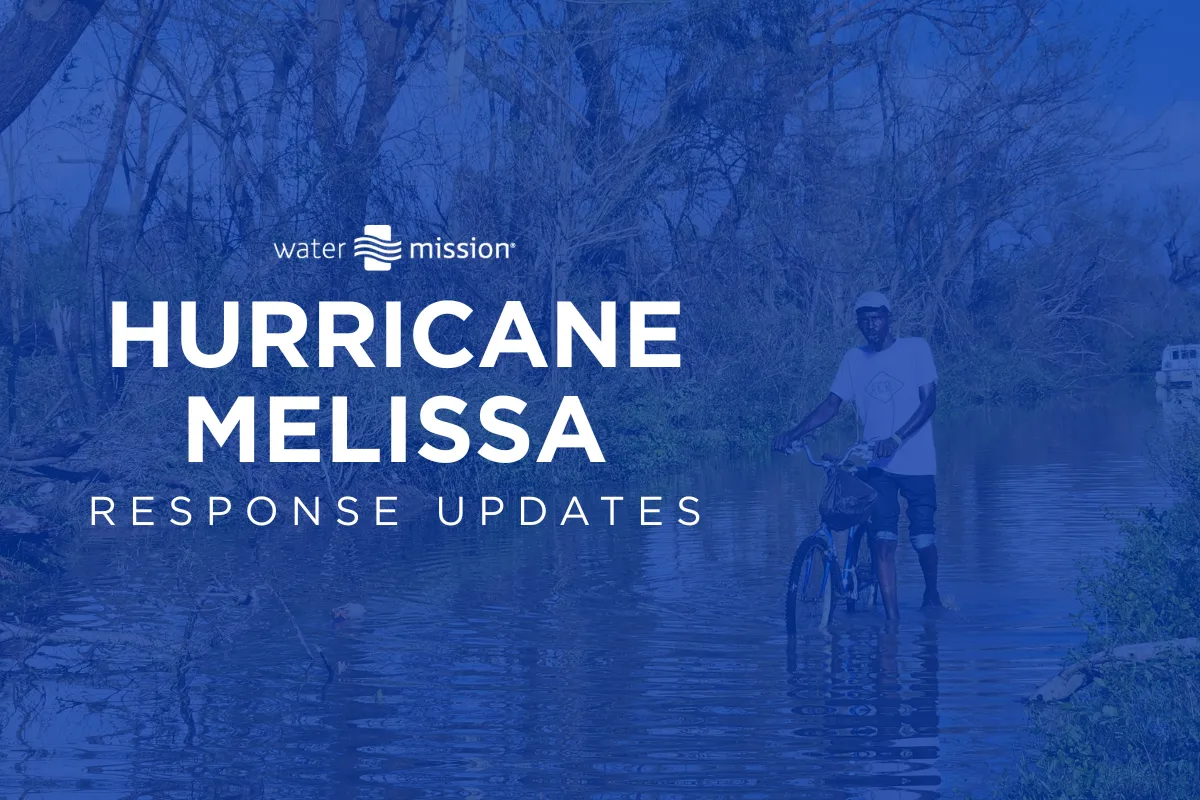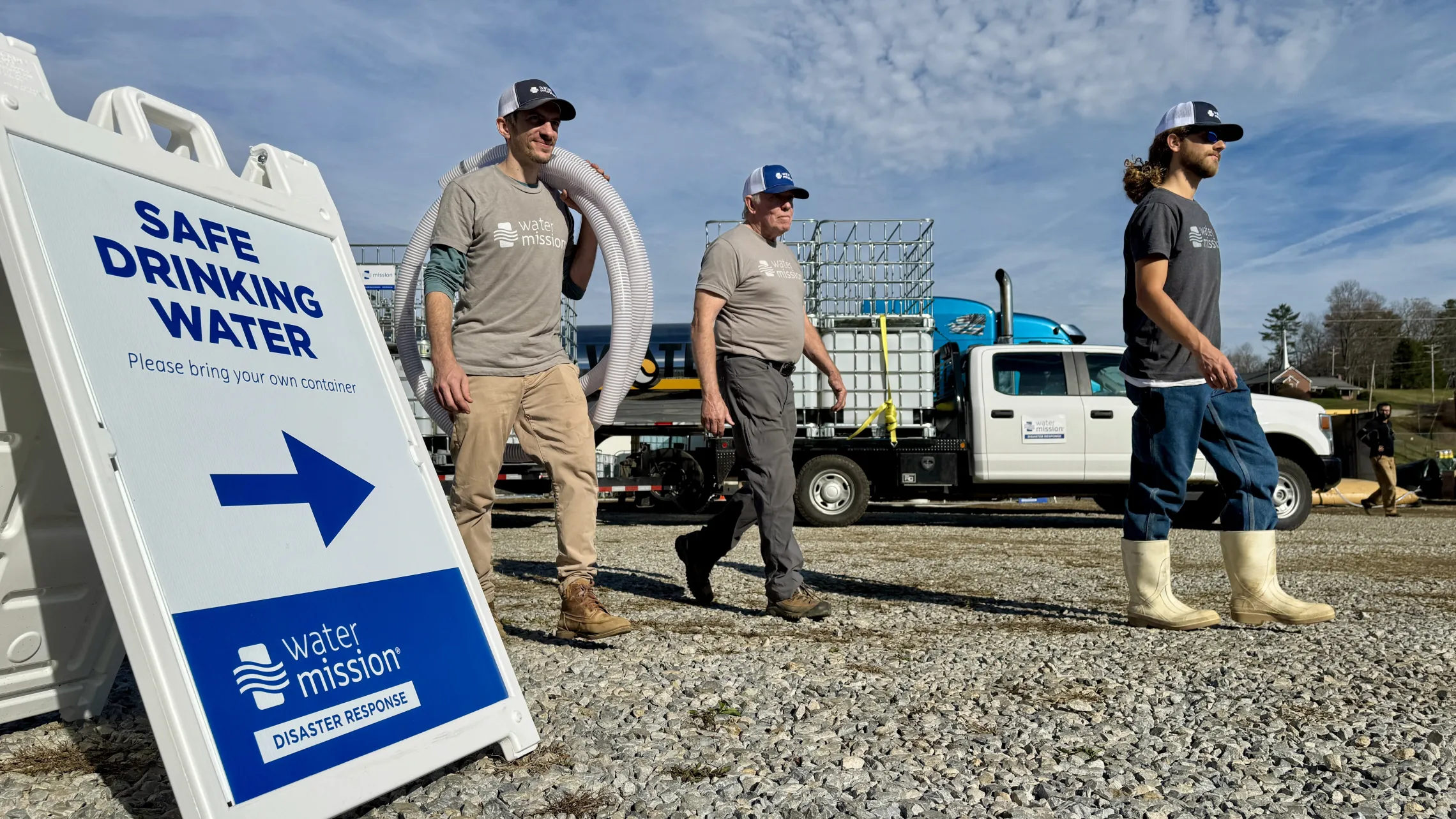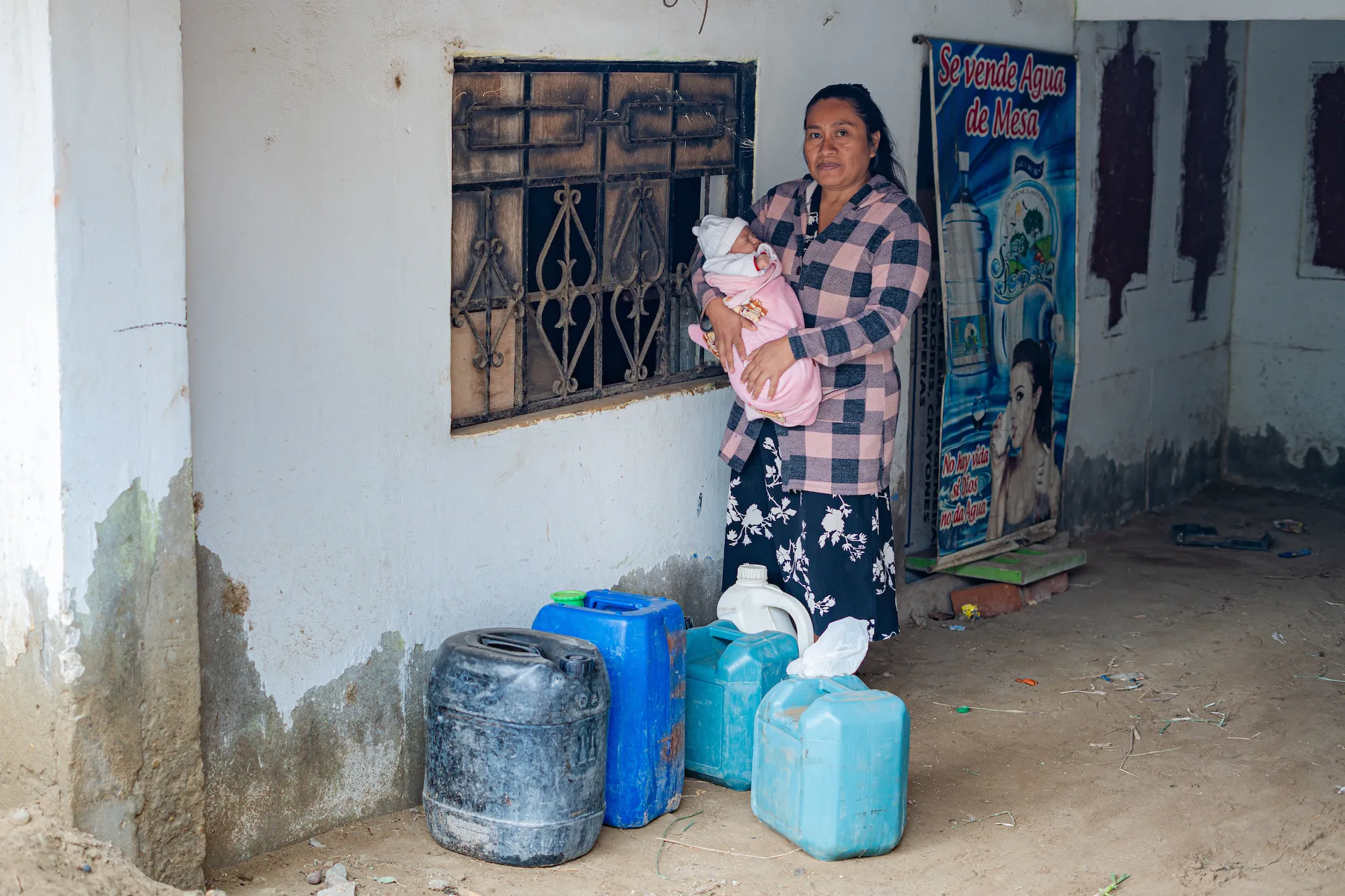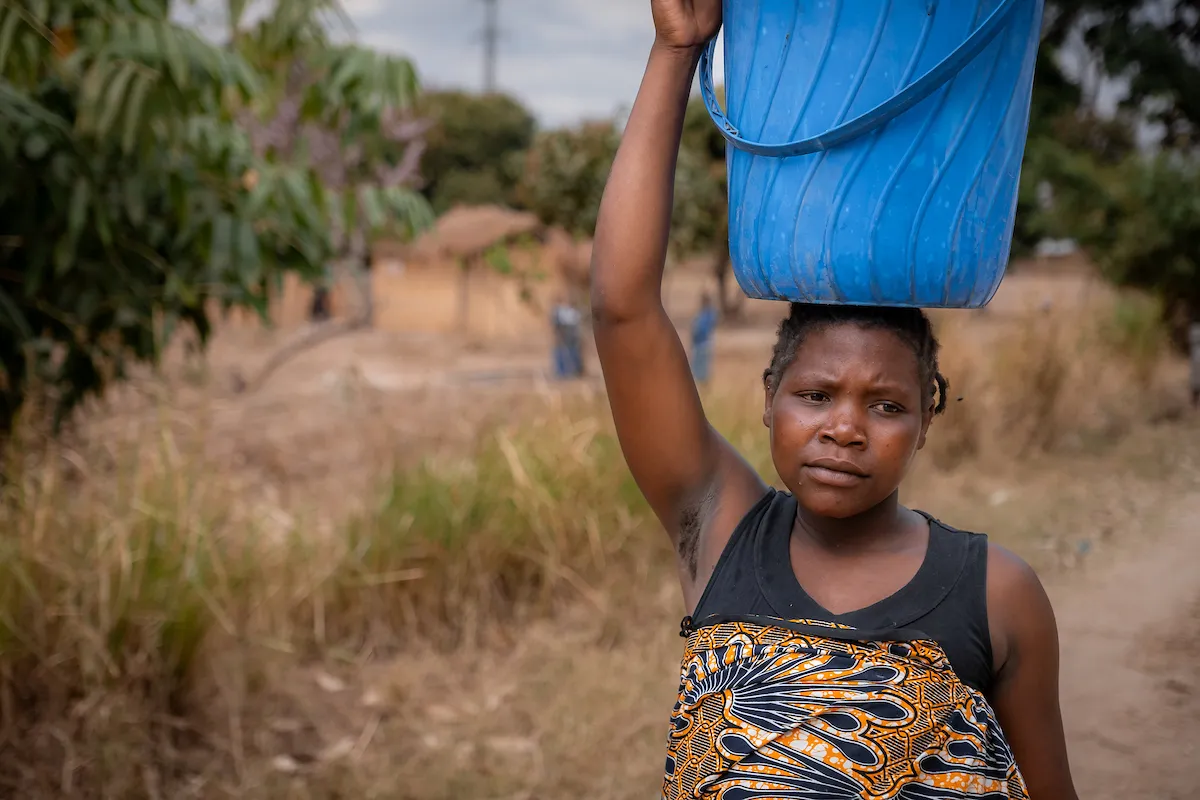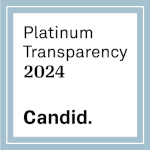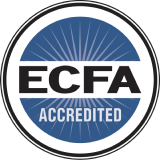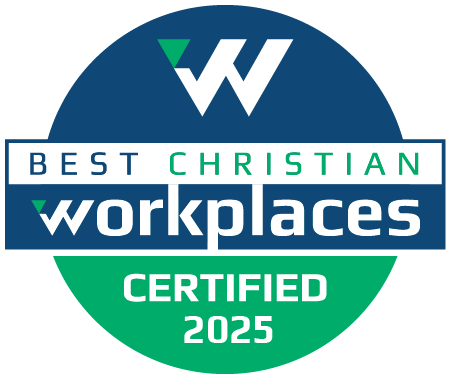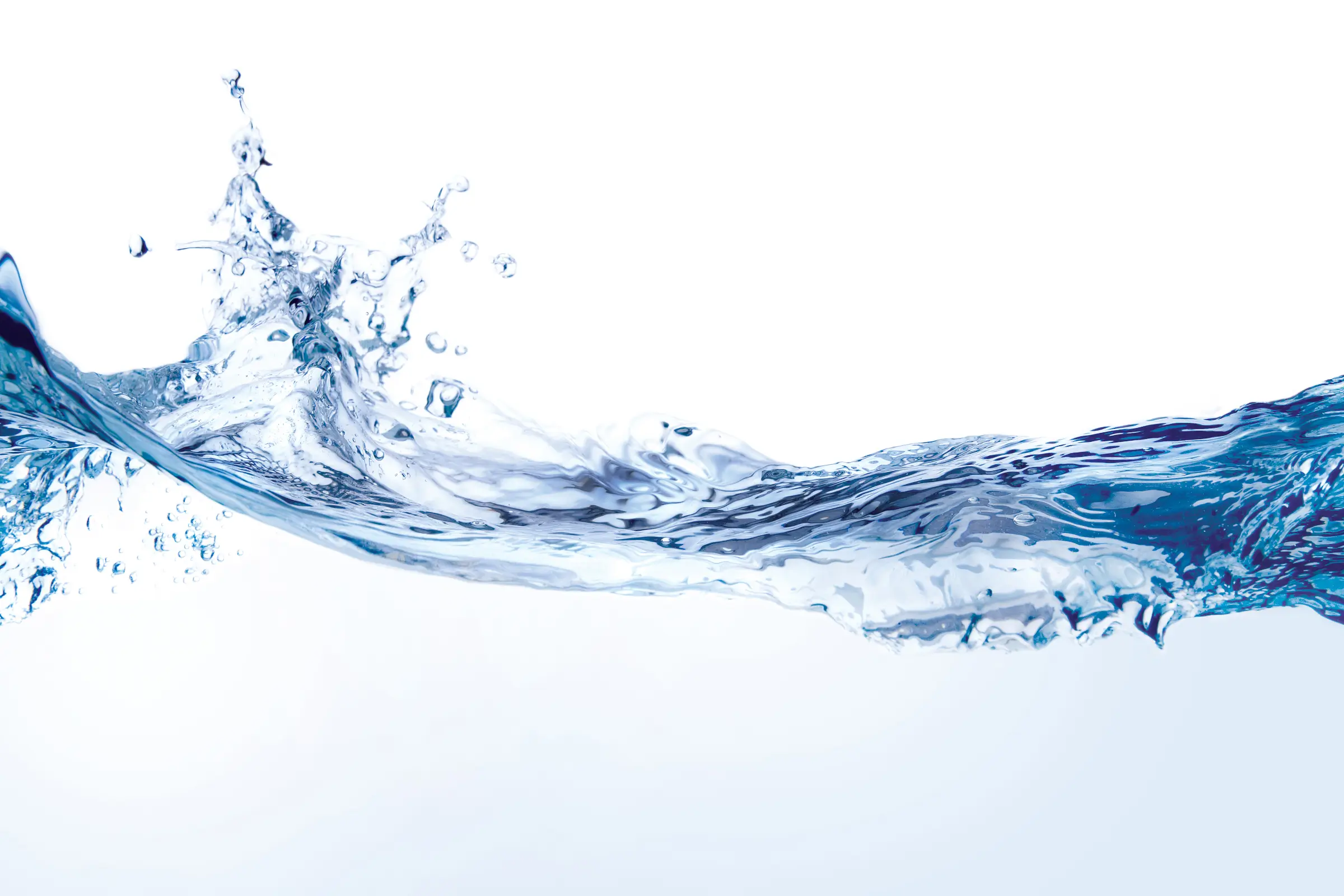The Refugee Crisis No One is Talking About
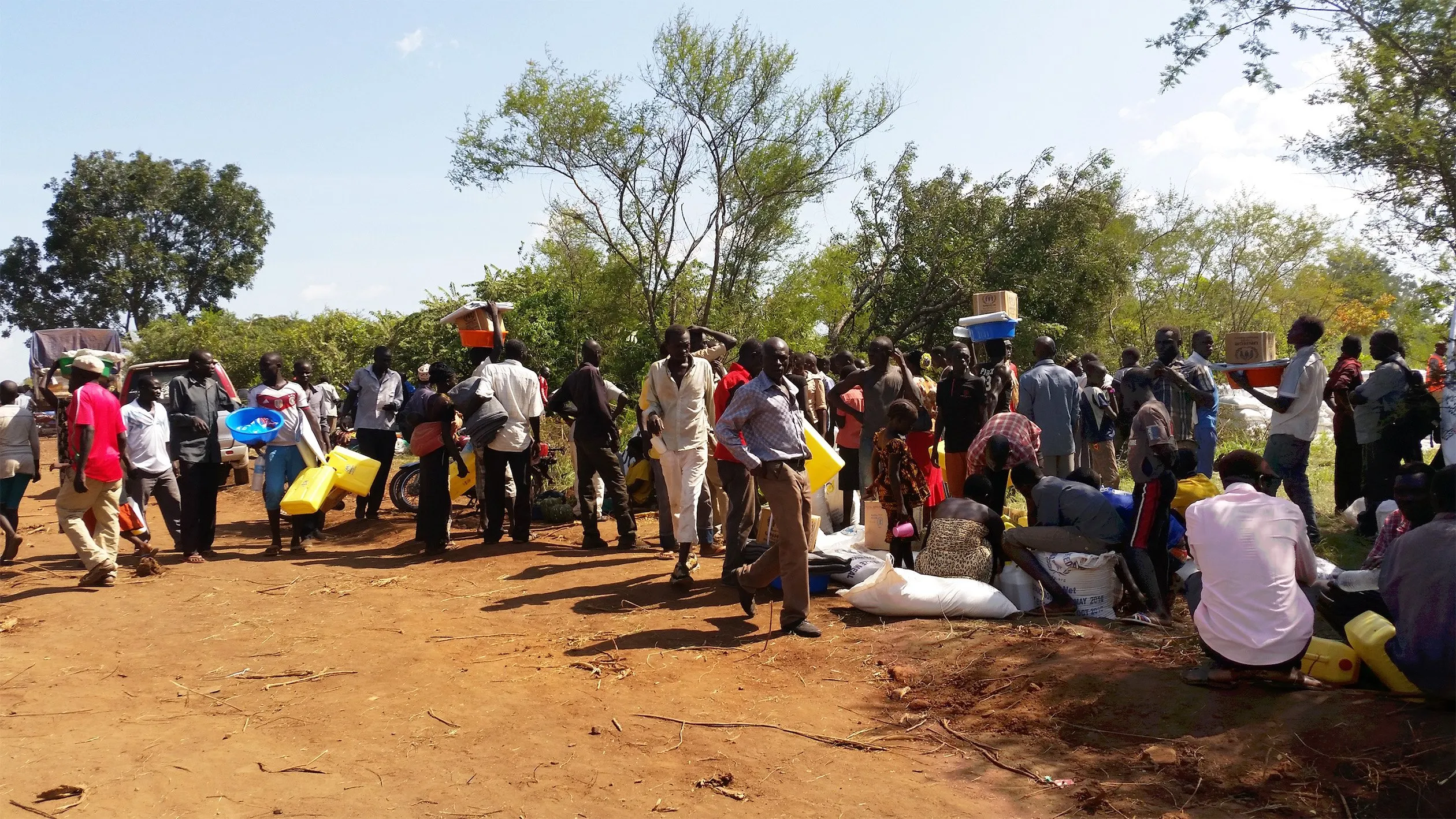
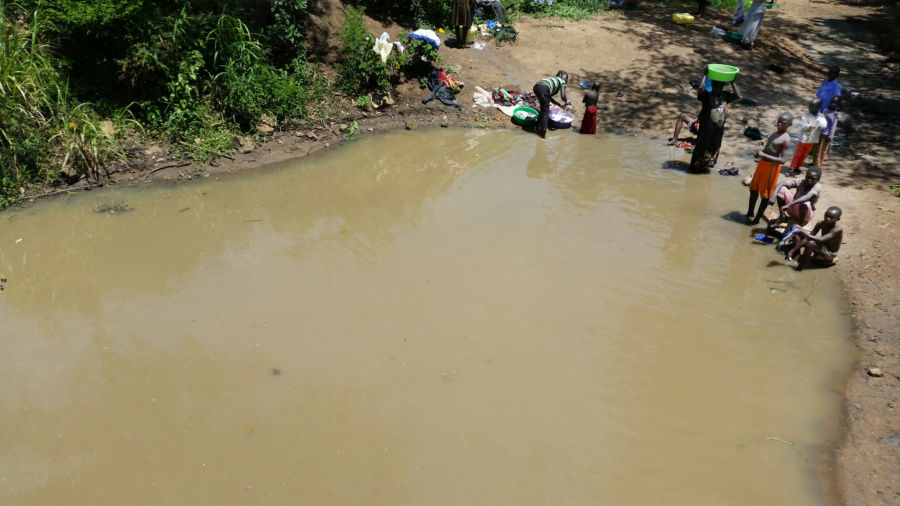
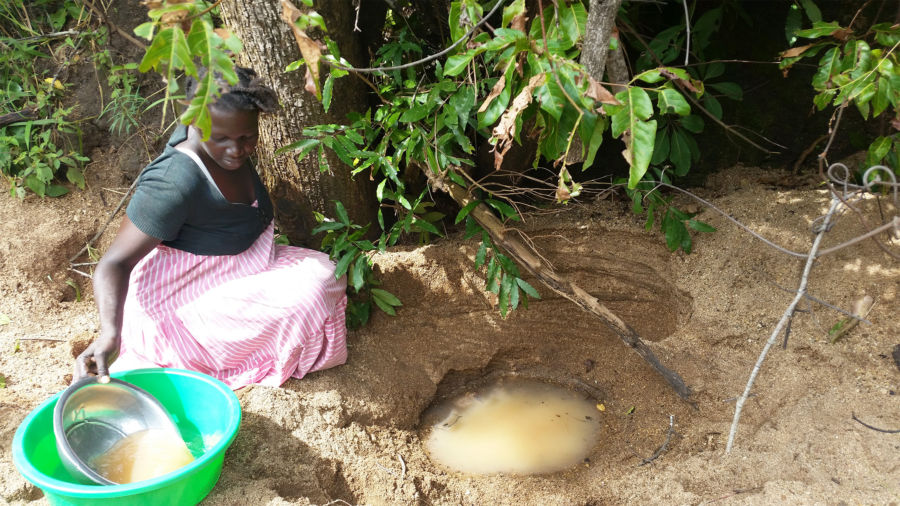
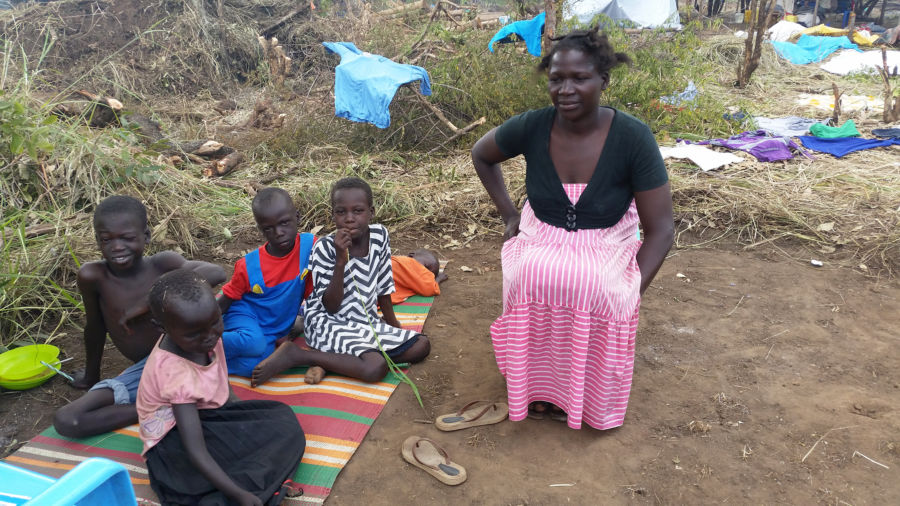 In response to critical security, trauma, and health concerns for refugees and aid workers, Water Mission Uganda’s country program director, Michael Bazira, described the implementation of a “high security coordination effort by all those concerned so as to ensure safety of not only the refugees but also the implementing partners.” These efforts include a multi-organizational effort by UNHCR, the Office of the Prime Minister, United Nations International Children’s Emergency Fund (UNICEF), and Water Mission to handle the reception of men, women, and children, deemed “Persons of Concern” (POC) at the Ugandan border.
Refugees often have no choice but to leave brothers and sisters, mothers and fathers behind when their loved ones cannot make the journey. Countless young children must assume the role of parents for their younger siblings, and scores of women fight sexual violence while also battling to protect their children as much as possible. Upon arrival at the refugee camp, UNHCR field staff report that sufficient resources exist only to provide new entrants with temporary shelters and their most basic survival needs.
Since mid-July, Water Mission Uganda has worked closely with UNICEF to provide immediate safe water, sanitation, and hygiene (WASH) solutions for the flood of refugees. Tom Kisubi, Water Mission Uganda’s lead engineer on this project, rapidly led his team into action to assess and install safe water systems and bathing shelters in the Elegu Welcome and Processing Center along the Uganda-South Sudan border. The UN has opened this emergency reception area in response to the surge of South Sudanese refugees entering Uganda, now totaling over 230,000 new arrivals since early July.
In response to critical security, trauma, and health concerns for refugees and aid workers, Water Mission Uganda’s country program director, Michael Bazira, described the implementation of a “high security coordination effort by all those concerned so as to ensure safety of not only the refugees but also the implementing partners.” These efforts include a multi-organizational effort by UNHCR, the Office of the Prime Minister, United Nations International Children’s Emergency Fund (UNICEF), and Water Mission to handle the reception of men, women, and children, deemed “Persons of Concern” (POC) at the Ugandan border.
Refugees often have no choice but to leave brothers and sisters, mothers and fathers behind when their loved ones cannot make the journey. Countless young children must assume the role of parents for their younger siblings, and scores of women fight sexual violence while also battling to protect their children as much as possible. Upon arrival at the refugee camp, UNHCR field staff report that sufficient resources exist only to provide new entrants with temporary shelters and their most basic survival needs.
Since mid-July, Water Mission Uganda has worked closely with UNICEF to provide immediate safe water, sanitation, and hygiene (WASH) solutions for the flood of refugees. Tom Kisubi, Water Mission Uganda’s lead engineer on this project, rapidly led his team into action to assess and install safe water systems and bathing shelters in the Elegu Welcome and Processing Center along the Uganda-South Sudan border. The UN has opened this emergency reception area in response to the surge of South Sudanese refugees entering Uganda, now totaling over 230,000 new arrivals since early July.
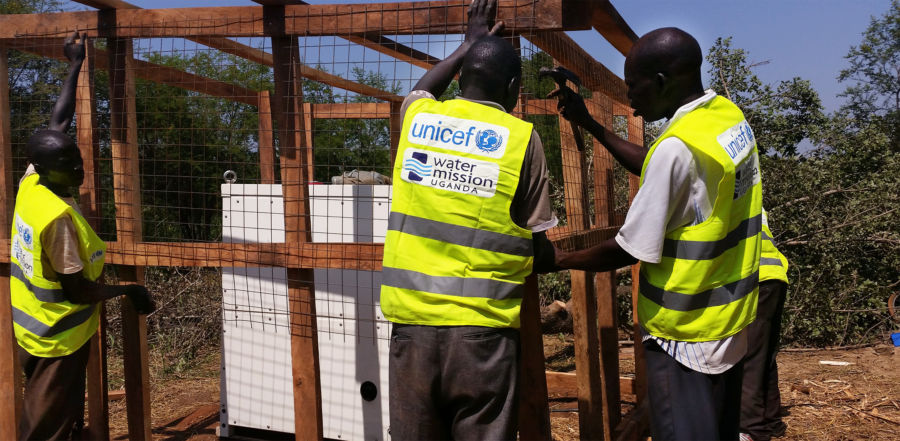
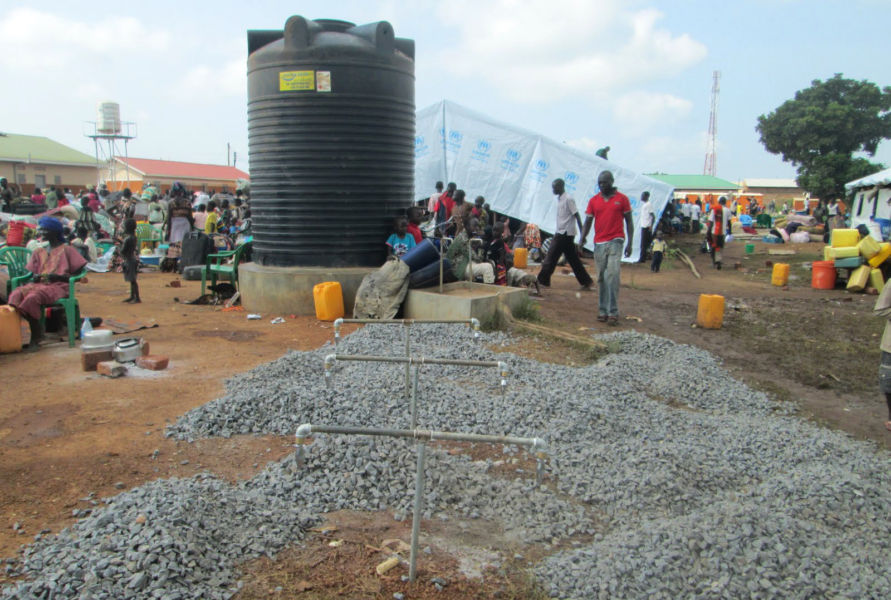 Water Mission Uganda’s role has further expanded to include border point screening and prevention measures in response to a devastating cholera outbreak in the Elegu Center. Water Mission and UNICEF Uganda are also working to evaluate water sources in more permanent refugee camps in order to implement solar-powered safe water solutions for up to 32,000 refugees. According to Kisubi, temporary systems are currently providing an average of 660,000 liters of water each day to the settlement through 30 tapstands with 60 taps.
Our challenge to serve in these dire situations pales in comparison to the traumatic journey refugees face to repair their war-torn lives and attempt to find hope in the future. In the midst of great pain, we thank God that He hears the cry of the poor and homeless, and that He is mightier than what lies before all of us. GIVE SAFE WATER TO REFUGEES
Water Mission Uganda’s role has further expanded to include border point screening and prevention measures in response to a devastating cholera outbreak in the Elegu Center. Water Mission and UNICEF Uganda are also working to evaluate water sources in more permanent refugee camps in order to implement solar-powered safe water solutions for up to 32,000 refugees. According to Kisubi, temporary systems are currently providing an average of 660,000 liters of water each day to the settlement through 30 tapstands with 60 taps.
Our challenge to serve in these dire situations pales in comparison to the traumatic journey refugees face to repair their war-torn lives and attempt to find hope in the future. In the midst of great pain, we thank God that He hears the cry of the poor and homeless, and that He is mightier than what lies before all of us. GIVE SAFE WATER TO REFUGEES
Related Impact Stories
